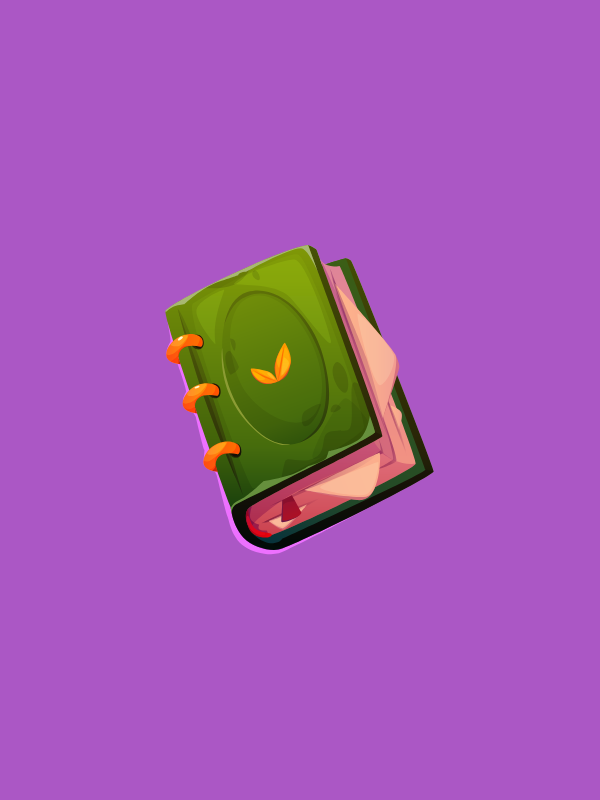SAT Vocabulary Prep for Educators
The SAT is a crucial milestone for students aspiring to attend college. While it tests mathematical reasoning and reading comprehension, one of the most important but often overlooked components is vocabulary. A strong vocabulary is essential for not only the reading section but also the writing and language portions of the SAT. Many students underestimate the significance of having a solid vocabulary foundation and how it can impact their overall score.
Understanding the SAT vocabulary challenge
The SAT tests how well students understand the meaning of words in context, not just their definitions. This means studying vocabulary isn’t just about memorizing words; it also involves figuring out what words mean in different situations, using them in sentences, and recognizing similar words.
The words on the SAT are chosen because they reflect the kind of language students will see in college. They can come from different areas, like science, literature, and history. That’s why it’s important to take a thoughtful approach to vocabulary study—one that builds students’ skills gradually and helps them understand language better.
Building vocabulary for long-term success
Developing a rich vocabulary is not something that can be done overnight. It requires consistent practice and exposure to words multiple times in various contexts. In other words, repetition is key.
Encountering a word once isn’t enough to master it. The more you see, use, and understand a word, the better you’ll retain it. This is why starting early and using structured study methods that emphasize repetition is essential for SAT prep. Regular exposure to new words, combined with practice quizzes and review sessions, helps ensure that students not only learn new vocabulary but also remember it for the long term.
How vocabulary impacts other areas of the SAT
The reading section often presents complex passages filled with challenging words. Even when students understand the passage as a whole, unfamiliar words can lead to confusion or misinterpretation of questions. Similarly, the writing section demands a good grasp of vocabulary to correct or improve sentences, making vocabulary knowledge a vital skill across multiple parts of the exam.
How to effectively study SAT vocabulary
Successful SAT prep for vocabulary involves more than just lists of words. It requires engaging with words in different formats, such as practice sentences, synonyms, and antonyms, and—crucially—repeated exposure over time. Flashcards, vocabulary games, and daily reading are some of the most effective ways students can build their vocabulary through repetition and active engagement.
Introducing Knoword: the ultimate SAT prep tool
When it comes to preparing for the SAT, repetition is one of the most powerful ways to retain vocabulary. That’s where Knoword comes in. With a unique approach to vocabulary building, Knoword makes it fun and easy to get plenty of repetition with challenging vocabulary terms. Each volume in Knoword’s SAT Prep collection contains about 60 words, and the difficulty increases from Volume 1 to Volume 8. This gradual progression ensures that students are always challenged without being overwhelmed, making it an ideal tool for practicing SAT vocabulary.
You can play through each volume multiple times, getting repeated exposure to the same set of words. This repetition helps drill in definitions, reinforce understanding, and develop strong word recognition. The more you play, the more familiar these words become, ensuring you’re fully prepared for the SAT.
Ready to take your SAT prep to the next level? Try one of the SAT prep packs above and start mastering the vocabulary that will boost your test score!







